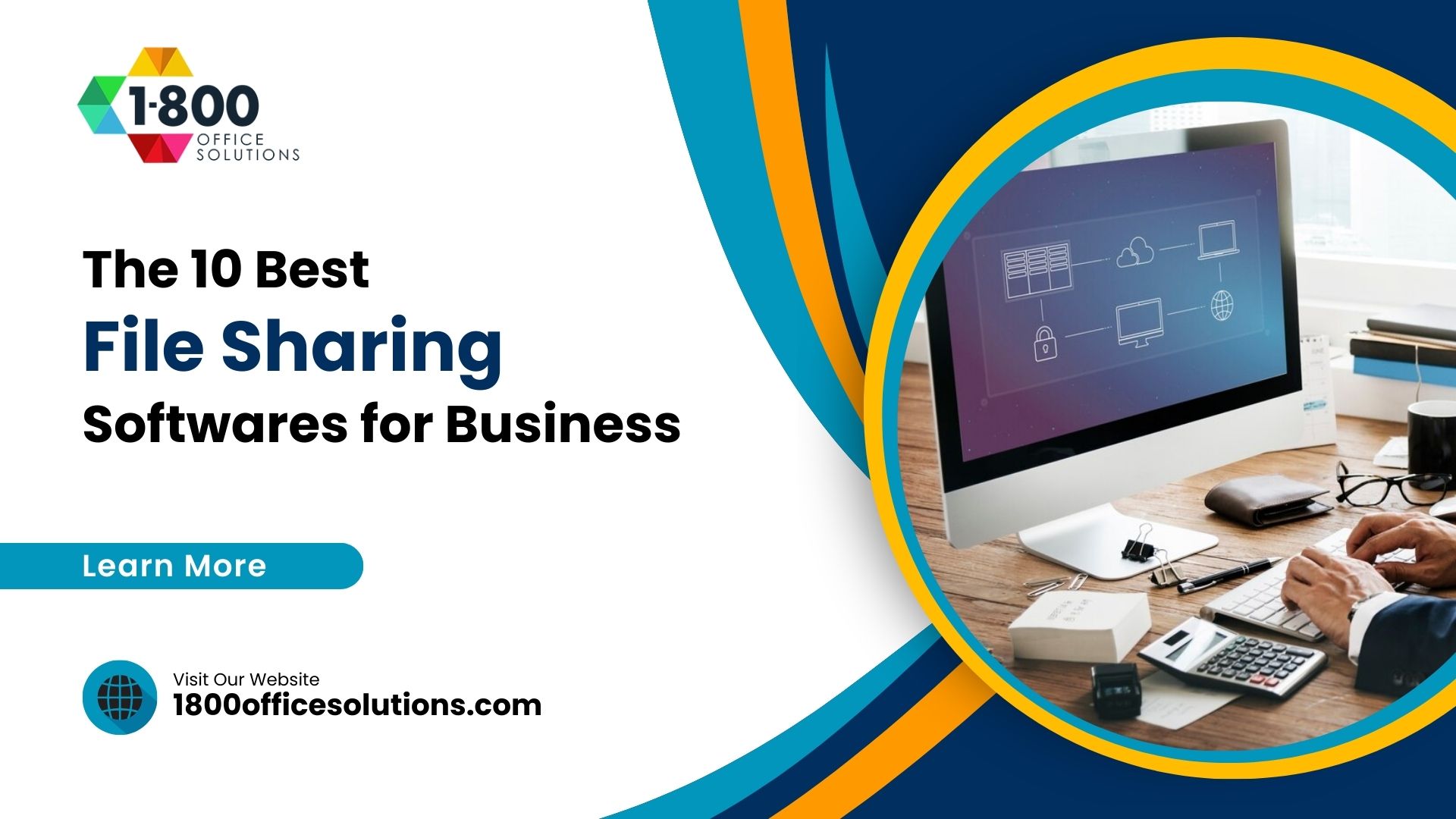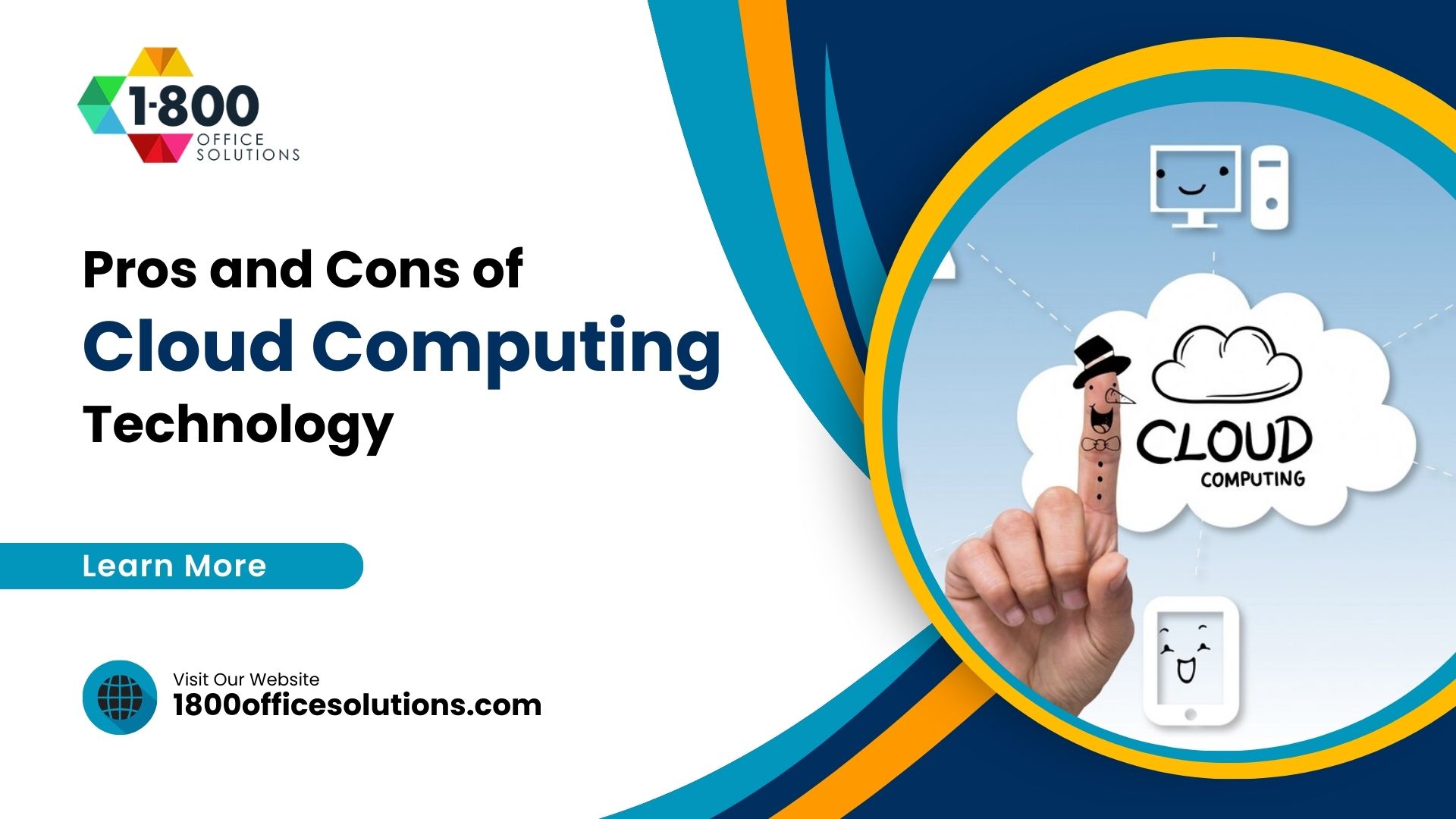What Is Cognitive Computing Technology? Examples that Are Transforming Business
Cognitive Computing
Cognitive computing technology is revolutionizing the way businesses operate, leveraging artificial intelligence and machine learning to process vast amounts of data. Using cognitive computing systems, businesses can harness the power of unstructured data, making sense of complex information and improving customer experience. With the ability to simulate human thought processes, cognitive computing is reshaping the future of business processing to cognitive business processing.
Examples of cognitive computing applications are everywhere, from the healthcare industry to customer service, demonstrating the vast potential of this technology. Cognitive computing used in automation and data analysis, opening up new areas for cognitive capabilities. By learning from data and processing candidates through a cognitive opportunity assessment, cognitive computing is changing the landscape of business operations. As associated technology needs continue to evolve, the future cognitive process model is set to further transform the business world.
What Is Cognitive Computing?
Now, let’s delve deeper into the features of cognitive computing and how it works. One of the key aspects of this technology is its ability to process a large amount of data, both structured and unstructured, using cognitive analytics and natural language processing to provide valuable insights. The cognitive computer can analyze data with remarkable speed and accuracy, thanks to its neural network and deep learning capabilities.
In a nutshell, cognitive computing refers to technology platforms that learn from data and adapt to new information, just like the human brain. The goal of cognitive computing is to create systems that can understand, reason, and learn in a way that mimics human intelligence, while also being able to process candidates through a cognitive opportunity assessment. This opens up a world of possibilities for the future of cognitive computing and its applications across various industries.
Another advantage of cognitive computing is its potential to help businesses make ethical considerations, as these systems can provide evidence-based advice and recommendations. The future of cognitive computing looks promising, as it continues to evolve and improve over time. With the associated technology needs in place, cognitive computing can revolutionize how we analyze complex data and make decisions in real-time.
Features of Cognitive Computing Solution
Adaptive features of a cognitive system enable it to adjust and learn from new information, making it highly responsive. Interactive capabilities allow for real-time engagement with users, enhancing the overall user experience. Iterative and stateful processes ensure that the system continuously refines its understanding and reasoning based on previous interactions. Contextual functionality enables the system to consider the broader context in which it operates, leading to more accurate and relevant outcomes. These features of cognitive computing aim to effectively process both structured and unstructured data, leveraging advanced signal processing and other cognitive technologies. Additionally, cognitive computing can also provide ethical considerations and benefits in various applications.
1. Adaptive
Now let’s delve into the first feature of a cognitive computing solution: Adaptive. When we talk about adaptive cognitive computing, we are referring to the ability of the system to be flexible and learn from its environment. Just like a living organism, an adaptive cognitive computing solution must be able to constantly gather and process new information, adjust its goals, and respond to changes in its surroundings. This feature allows the system to evolve and improve over time, making it more effective and efficient in its tasks.
Adaptive cognitive computing aims to replicate the dynamic nature of human cognition, enabling the computer system to adjust and refine its processes based on new inputs and experiences. This adaptability enables the system to handle a wide array of tasks and challenges, making it a valuable tool in various applications of cognitive computing. Whether it’s in fraud detection, predictive analytics, or any other field, the adaptive feature of cognitive computing can help organizations stay ahead of the curve.
2. Interactive
Now let’s talk about the interactive nature of cognitive computing solutions. In order to truly mimic the human brain’s ability to interact with its environment, these solutions must be able to engage with all elements of the system. This means seamless interaction with processors, devices, cloud services, and, most importantly, the user.
The key here is bi-directional interaction, meaning the cognitive solution should not only understand human input but also provide relevant results using natural language processing and deep learning. Think of it like having a conversation with a highly intelligent and adaptable companion who can understand your needs and respond in a way that makes sense to you.
Skilled intelligent chatbots like Mitsuku have already achieved this feature, and it’s only the beginning of what interactive cognitive computing can offer. The ability to engage with users in a natural and meaningful way opens up a world of possibilities for the future of AI technologies.
3. Iterative and Stateful
The iterative and stateful nature of cognitive computing work allows the system to remember previous interactions and adjust its output based on the specific application at that point in time. This means that the cognitive computing technologies must be able to define the problem by asking questions and learning from the responses. It’s like having a conversation with a knowledgeable friend who remembers everything you’ve discussed and tailors their advice based on your current situation.
This feature benefits of cognitive computing enable the system to continuously improve and provide more accurate and relevant information over time. By retaining the context of past interactions, the cognitive computing system can offer more personalized and effective solutions, making it an invaluable tool in various industries. It also raises ethical considerations of cognitive computing, as it necessitates careful management of the information it retains and how it uses that information to provide assistance.
4. Contextual
Contextual understanding is a crucial feature of cognitive computing solutions. These systems must be able to grasp the full context of a situation, taking into account all relevant information to provide accurate and appropriate responses. Whether it’s understanding the meaning of a conversation, analyzing user data to tailor recommendations, or interpreting regulations and guidelines for compliance, contextual awareness is essential.
For example, in the healthcare industry, a cognitive computing solution must be able to understand a patient’s medical history, symptoms, and even emotional state to provide personalized and effective care recommendations. In the financial sector, it should be able to analyze market trends, customer behavior, and regulatory changes to make informed investment decisions.
By being able to understand and extract contextual elements such as meaning, syntax, time, location, and user profiles, cognitive computing solutions can leverage this information to deliver more accurate and relevant results, ultimately enhancing the overall user experience and decision-making process.
Cognitive Computing Product Examples
With the increasing use of cognitive computing and artificial intelligence, entrepreneurs and business leaders are eager to see how these technologies are transforming various industries. Let’s explore some of the prominent cognitive tech companies and systems that are leading the way in this exciting field.
One example of cognitive science in action is a company that has developed a sophisticated cognitive computing system that uses advanced algorithms to process vast amounts of unstructured data. This system has been designed to understand and interpret human language, enabling it to provide valuable insights and recommendations to users.
In another instance, a cutting-edge cognitive computing solution is being used to revolutionize the healthcare industry. This system requires minimal human intervention and can analyze complex medical data, leading to faster and more accurate diagnoses. The advantages of cognitive computing in healthcare are truly remarkable, with the potential to save countless lives.
Furthermore, an innovative cognitive computing system must be able to adapt and learn from new data, continuously improving its capabilities. It’s fascinating to see how these cognitive computing systems are becoming more advanced and sophisticated, paving the way for a future where AI and cognitive computing are seamlessly integrated into our daily lives.
Vantagepoint Ai
Investing in the stock market can be a rollercoaster of emotions. The highs and lows of watching your investments rise and fall can be overwhelming at times. Fortunately, there are tools available that can help take some of the guesswork out of the equation. VantagePoint AI is one such tool that uses advanced technology to forecast stock movements and provide investment recommendations with confidence.
VantagePoint AI uses advanced algorithms to analyze market data and predict stock performance in various sectors and regions. By harnessing the power of technology, traders can make informed decisions and optimize their trades for maximum returns. The accuracy and reliability of VantagePoint AI have made it a leader in the investment trading software industry.
Traders using VantagePoint AI can benefit from its ability to forecast market movement up to three days in advance. This foresight allows them to strategically time their trades, resulting in more profitable outcomes. Whether it’s stocks in the energy, financial, healthcare, or technology sectors, VantagePoint AI can provide valuable insights that help traders navigate the complex world of investing. With VantagePoint AI, investors can approach the stock market with a newfound sense of confidence and assurance.
Virgin Pulse
With a focus on personalized health and wellness, Virgin Pulse is revolutionizing the way individuals engage with their own wellbeing. By utilizing cutting-edge technology, Virgin Pulse aims to empower users to take charge of their health in a more hands-on way.
The use of AI-driven tools allows Virgin Pulse to provide personalized, up-to-date health information to users, helping them to stay on track with their personal health goals. By leveraging advanced learning and personalization, individuals are encouraged to adopt healthier habits and make positive lifestyle changes.
Virgin Pulse’s approach extends beyond just the individual, as their solutions cater to a wide range of sectors within the healthcare industry. From employers and health insurance plans to hospitals and patients, Virgin Pulse is dedicated to providing reliable and accessible health and benefits information to all.
By focusing on the individual and utilizing technology to deliver a more personalized experience, Virgin Pulse is working to create a world where everyone is empowered to prioritize their health and wellbeing. Through innovation and a commitment to improving health outcomes, Virgin Pulse is leading the way in transforming the healthcare experience for individuals and organizations alike.
Lifelearn
Transitioning from the innovative technology used in Virgin Pulse, let’s take a closer look at how LifeLearn is making a significant impact in the veterinary care industry.
LifeLearn is dedicated to assisting veterinarians in diagnosing and treating illness in their animal patients. They offer a clinical decision-support tool called Sofie, which leverages advanced technology to search a vast knowledge base containing the most current, credible, and trusted veterinary resources. The use of cognitive technology in Sofie allows clinicians to ask questions from any location, at any time – even out in rural areas where veterinarians service animals out on the farm.
Sofie provides veterinarians with the ability to access evidence-based reference materials and peer-reviewed content, empowering them to make informed decisions about the care of their animal patients. This innovative tool has proven to be invaluable in helping veterinary professionals stay up-to-date and provide the best possible care for the animals under their supervision.
By using cognitive computing to enhance the capabilities of veterinarians, LifeLearn is contributing to the overall improvement of animal healthcare. The impact of this technology extends beyond the clinics and into the lives of the animals and pet owners who rely on the expertise of veterinary professionals.
Sparkcognition
As we’ve seen in the previous section about LifeLearn, the use of advanced technology has revolutionized the way industries operate. Now, let’s delve into how SparkCognition, a leader in predictive analytics, is using AI to transform the oil and gas industry.
The oil and gas industry faces countless challenges, from unexpected downtime to maximizing production. SparkCognition’s AI systems have been a game-changer in accurately predicting impending failures and optimizing production processes. By successfully identifying production-impacting events up to nine days in advance, operators can avoid unexpected downtime and ensure maximum productivity.
But how do they do it? SparkCognition’s AI systems use advanced predictive analytics to sift through massive amounts of data, uncovering hidden insights that lead to actionable intelligence. With their platforms, products, and services, they offer flexibility to meet the specific needs of the oil and gas industry, allowing operators to optimize operations, protect assets, and accelerate growth.
In an industry where every minute of downtime can lead to substantial financial losses, the use of AI and predictive analytics from SparkCognition is proving to be invaluable. With their technology, operators have the power to make informed decisions, prevent disasters, avoid data loss, and ultimately drive the industry forward.
Numenta
Transitioning from SparkCognition, Numenta takes a different approach to machine intelligence research. Imagine a team of dedicated scientists and engineers, delving into the intricate circuitry of the human brain’s cortex column, seeking to understand its complex workings. Numenta’s mission is to create AI systems that are more “brain-like” by applying neuroscience principles.
Their work goes beyond traditional AI research, aiming to make AI more human-like than ever before. They believe that the key to achieving this lies in understanding the fundamental principles of how the human brain processes information and learns continuously.
Numenta’s approach is not just about developing artificial intelligence and cognitive computing systems; it’s about developing systems that can learn and adapt in a way that mirrors human thought processes. They envision a future where AI systems are not just intelligent but also exhibit a level of adaptability and learning capacity that is more human-like than we have ever seen before.
In essence, Numenta is on a quest to revolutionize the field of AI by creating systems that not only mimic human intelligence but also use cognitive computing principles to learn and adapt in a way that is truly remarkable.
Technology Management Evolution
As we look at the evolution of Technology Management, it’s clear that the traditional IT model is no longer sufficient in today’s rapidly advancing technological landscape. The modern approach to Technology Management requires a more proactive and comprehensive strategy to meet the ever-changing demands of businesses and organizations.
One key aspect of this evolution is the shift from reactive IT support to a more proactive and predictive approach. Instead of waiting for issues to arise, modern Technology Management focuses on identifying and addressing potential problems before they impact the business. This proactive mindset allows for greater efficiency and reduced downtime, ultimately leading to a more seamless operation.
Another important aspect of modern Technology Management is the emphasis on scalability and flexibility. With the rapid pace of technological innovation, businesses need to be able to adapt and grow without being hindered by outdated systems or processes. The modern approach to Technology Management allows for greater scalability and flexibility, ensuring that businesses can easily expand and integrate new technologies as needed.
Ultimately, the evolution of Technology Management represents a shift towards a more agile, proactive, and forward-thinking approach to IT support and infrastructure. By embracing these modern principles, businesses can position themselves for success in an increasingly complex and competitive technological landscape.
What Is the Scope of Cognitive Computing?
Now that we have a better understanding of the scope of cognitive computing, let’s dive into the specific capabilities that fall under this innovative technology. Cognitive computing is a subset of advanced technology that is designed to engage, make decisions, and discover information in a way that mimics human thought processes.
Engagement is a crucial aspect of cognitive computing. It involves the ability to interact with users and understand their needs, preferences, and context. This capability allows cognitive systems to adapt and personalize their interactions, whether it’s in a customer service chatbot or a virtual assistant.
Decision-making is another key component of cognitive computing. Cognitive systems must be able to analyze complex data, weigh different options, and make informed decisions based on the information available to them. This capability has wide-ranging applications, from healthcare diagnosis to financial risk assessment.
Discovery is the third pillar of cognitive computing. This capability involves the ability to uncover insights, patterns, and connections within vast amounts of data. Cognitive systems require this ability to assist in research, identify trends in consumer behavior, and support decision-making processes.
These three capabilities, when integrated into cognitive computing systems, have the potential to revolutionize various industries and enhance the way we interact with technology in our daily lives.
Conclusion
In conclusion, the evolution of technology management has led to the widespread use of cognitive computing solutions in various industries. These systems must continue to evolve to meet the ever-changing needs of businesses and consumers. As we look to the future, the scope of cognitive computing will expand to encompass a wide range of applications, from healthcare to finance to marketing.
With examples like VantagePoint AI, Virgin Pulse, and LifeLearn, it’s clear that cognitive computing technology is transforming the way businesses operate. These solutions are revolutionizing the way companies process candidates through a cognitive opportunity assessment, and they are providing new areas for cognitive capabilities to be explored. As associated technology needs continue to evolve, cognitive computing will play a vital role in shaping the future cognitive process model. The future of cognitive computing is bright, and it will undoubtedly continue to impact businesses in profound and positive ways.












